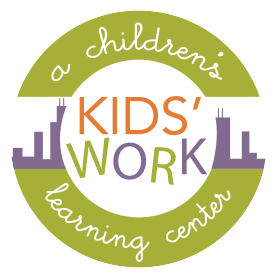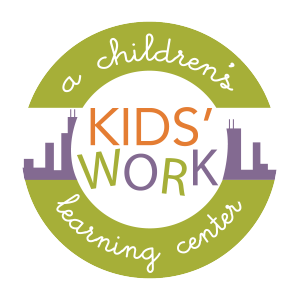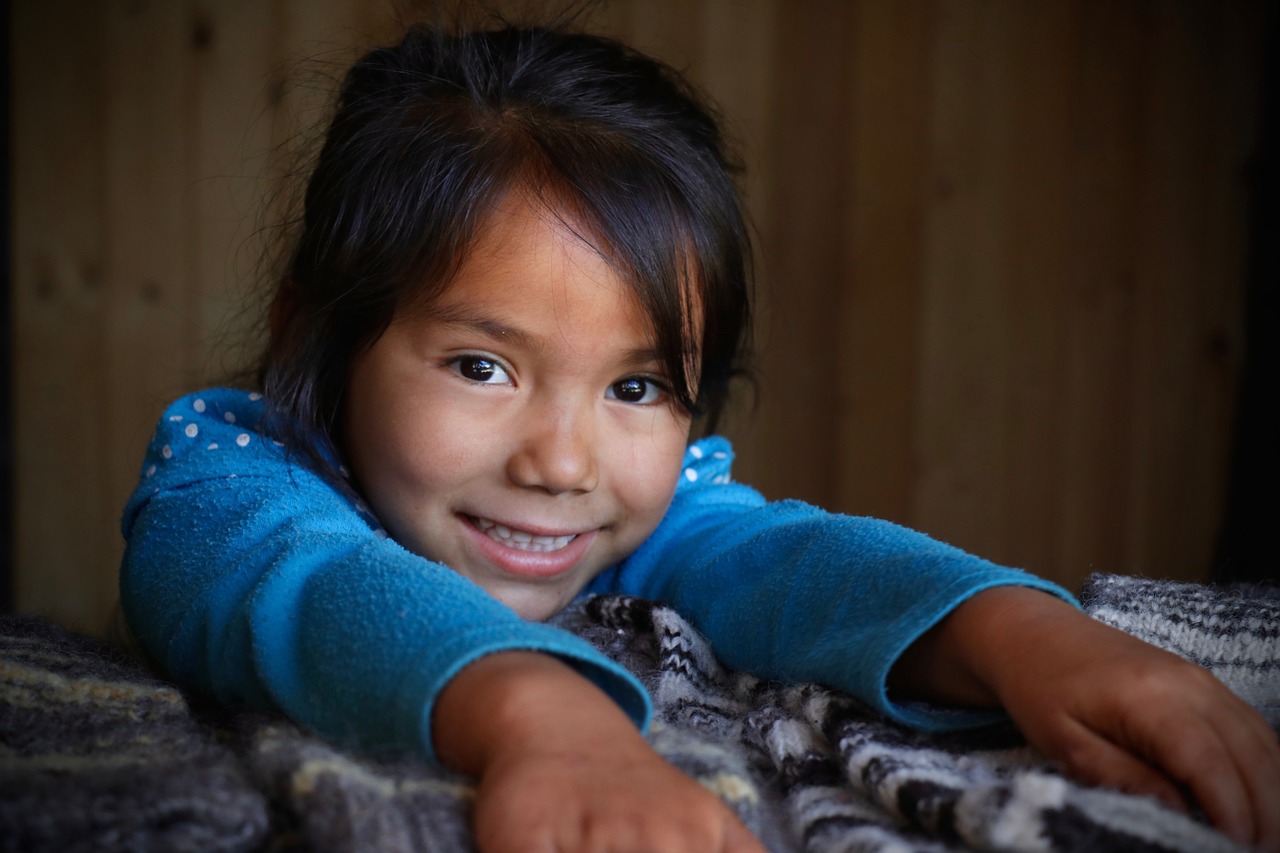Don’t you love when you come across a polite young child that has impeccable manners? Interacting with a child who consistently says “Please” and “Thank you”, and “Excuse me”, is one of the most delightful experiences possible.
Here are a few tips to help your kid be that polite child with great manners:
1. Understand why it’s important
Being polite and having good manners isn’t just for the people who will receive them. Realize that politeness is a social development that is important for your child’s well-being among his peers as well. A kid without good manners is as undesirable to other kids and playmates as it is to adults. If they’re not good at sharing or taking turns, they’re not going to be well-liked by their classmates. Conversely, a child who is well-mannered and polite will have a much easier time making friends, being seen as likable, and enjoying their day-to-day interactions. Consider sending your child into the world with good manners as crucial as sending him into the world with his lunch or sweatshirt, for his own well-being.
2. Give them the lingo
“Please” and “Thank you” are simple phrases and expressions of politeness that even your 2-year-old can manage. He may not fully “get” what he’s saying, or the concept of being polite, but what’s important at this stage is that you’re programming your child to associate the words with how you begin and end an interaction. Your toddler will realize they’re important words because Mom and Dad say them all the time with a smile. This way, long before social graces are a factor to them, the words and concepts are already implanted, and it won’t be a new concept you’re trying to introduce once they’re older. By then, your child will use his manners automatically, whether at home, daycare, a friend’s house, or out in the world.
3. Demonstrate the correct behavior
Give them the tools, then let them see them in action. If you haven’t noticed, children aged 2-4 do a lot of parroting. They’re trying to figure out what the things to say and do are, and what gets what reactions. Politeness both to and around them at this stage is very important, because they will pick up what they observe from you. Let them overhear a lot of “Excuse Me”, “Please”, “Thank You”, and “You’re Welcome”s, to everyone you talk to. This includes to your partner, as well as to your toddler – treat him or her with great politeness, just like you would anyone else. They’re watching and listening, and whatever you do is what they’ll end up doing.
4. Be consistent
For one, you must be consistent with teaching and instilling manners and politeness both in and out of the home. It’s not just for when you’re at a fancy restaurant, church, or a big special event like a wedding or a funeral that they should suddenly be expected to bring out their best manners. Such should be the expectation all the time, everywhere. Similarly, make sure your partner, caregivers, family members, etc., are all on board with this consistency. If your partner allows grabbing toys without saying please or thank you and you don’t, or you allow playing with food at the table but your partner doesn’t, your child has no way of understanding what the overall behavioral expectations are.
Thank you for teaching your child great manners!


